
Image by i_yudai (Flickr)
It’s a famous riddle: You stand at a fork in the road. One road leads to happiness; the other leads to sorrow. You don’t know which is which. At the fork stand two men. One always tells the truth; the other always lies. You don’t know which is which. You’re allowed one question to determine which road to choose. What do you ask?
The intricacies of the riddle concern me less than the general theme: a life-changing moment, with two, diametrically opposite outcomes.
As a middle school teacher, I often encounter kids standing at just such an intersection. Generally, they don’t realize this, and the ones who do will probably ask the right questions in life.
Of the ones who haven’t yet realized that every moment offers decisions that can change the outcome of the rest of their lives, there are three varieties.
The first give every indication that all will be well with them. This is not to say they’re all studious and hard working. Indeed, many are not–as many of us were at thirteen. Still, there’s something about how they carry themselves that speaks to their future success.
The second group is a mystery. Truth be told, they usually turn out alright too, but they’re just not giving the clear signs yet. They’re not giving any signs yet, and that’s fine. They’re thirteen.
The third group is the group that haunts me. I see them and it’s difficult for me to imagine them making many good choices in life because it’s hard to see them making choices, period.
And not to choose in this case is a choice.
It’s not that they lack intelligence or even vigor. They simply don’t see the choice. They don’t see choice at all in their lives.
They are victims, eternally, and of everything. Adults don’t seem like them and they don’t know why–and they think there’s nothing they can do about it. They speak with loud voices that echo through the hallways and it’s just the way they are: “I’m a loud talker–it’s just the way I am.” They get referrals because teachers are picking on them and out to get them. Only with great difficulty can the make eye contact with anyone at all. They are subject to the whims and silliness of others: people are constantly “making” them do something. They react violently when they feel they’ve been disrespected, and often no disrespect was meant. They consistently show self-destructive views that make it all but certain that the cycles of dysfunction that they have obviously experienced in their lives will continue to haunt them, and their children, and their grandchildren.
Working with them is like working with a blind girl who’s always been blind and who doesn’t even realize she’s blind. Talking to them, trying to present any view that differs from the calcified reality of their first thirteen years is like speaking Finish to an Egyptian.
There are those that wake up and make the changes they have to, that realize they’re actually in control of a great deal of their lives. I know several such people. But the odds are against them, and the fact that I can do very little to change those odds is sometimes the most depressing aspect of teaching.
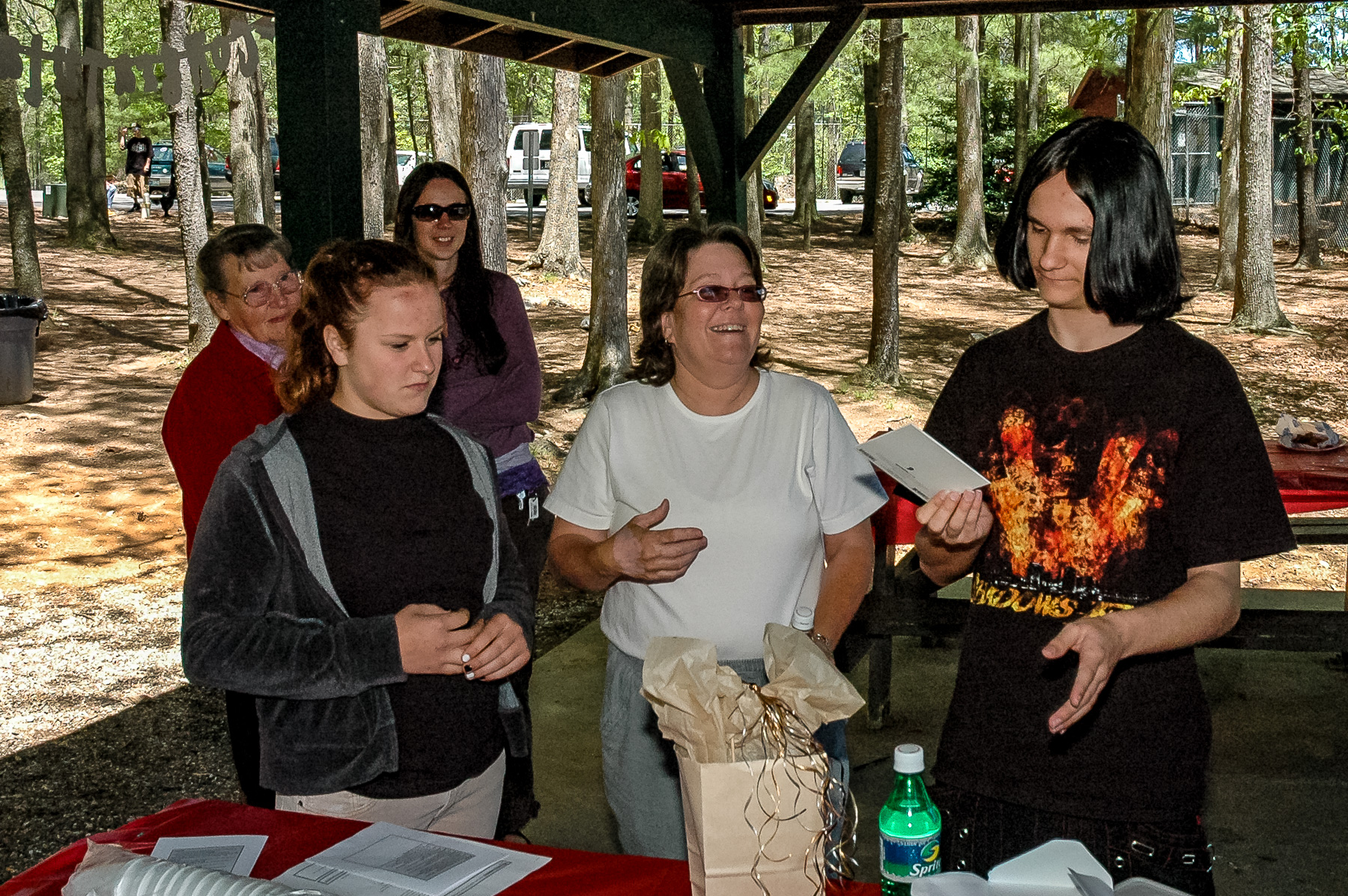
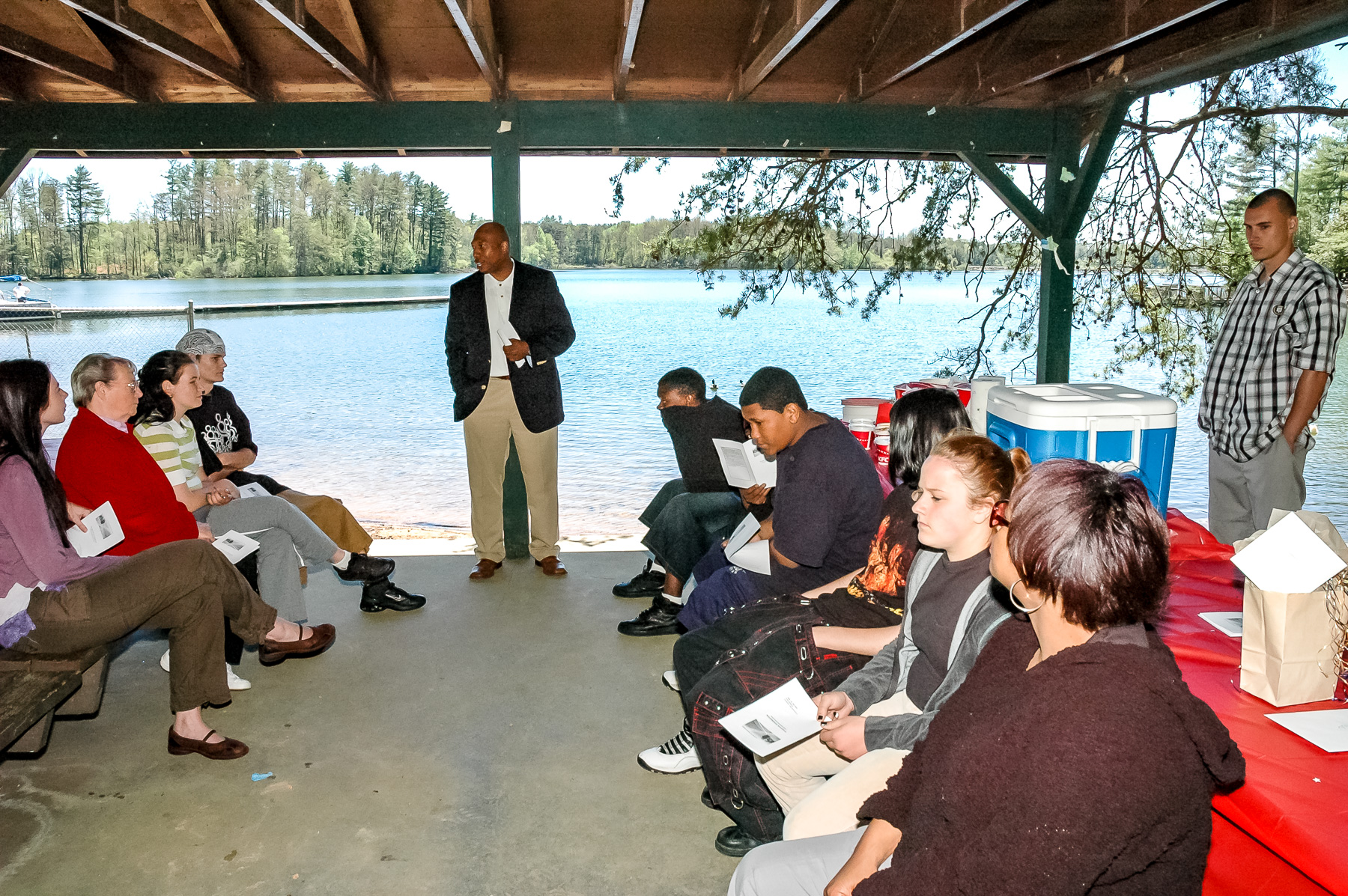
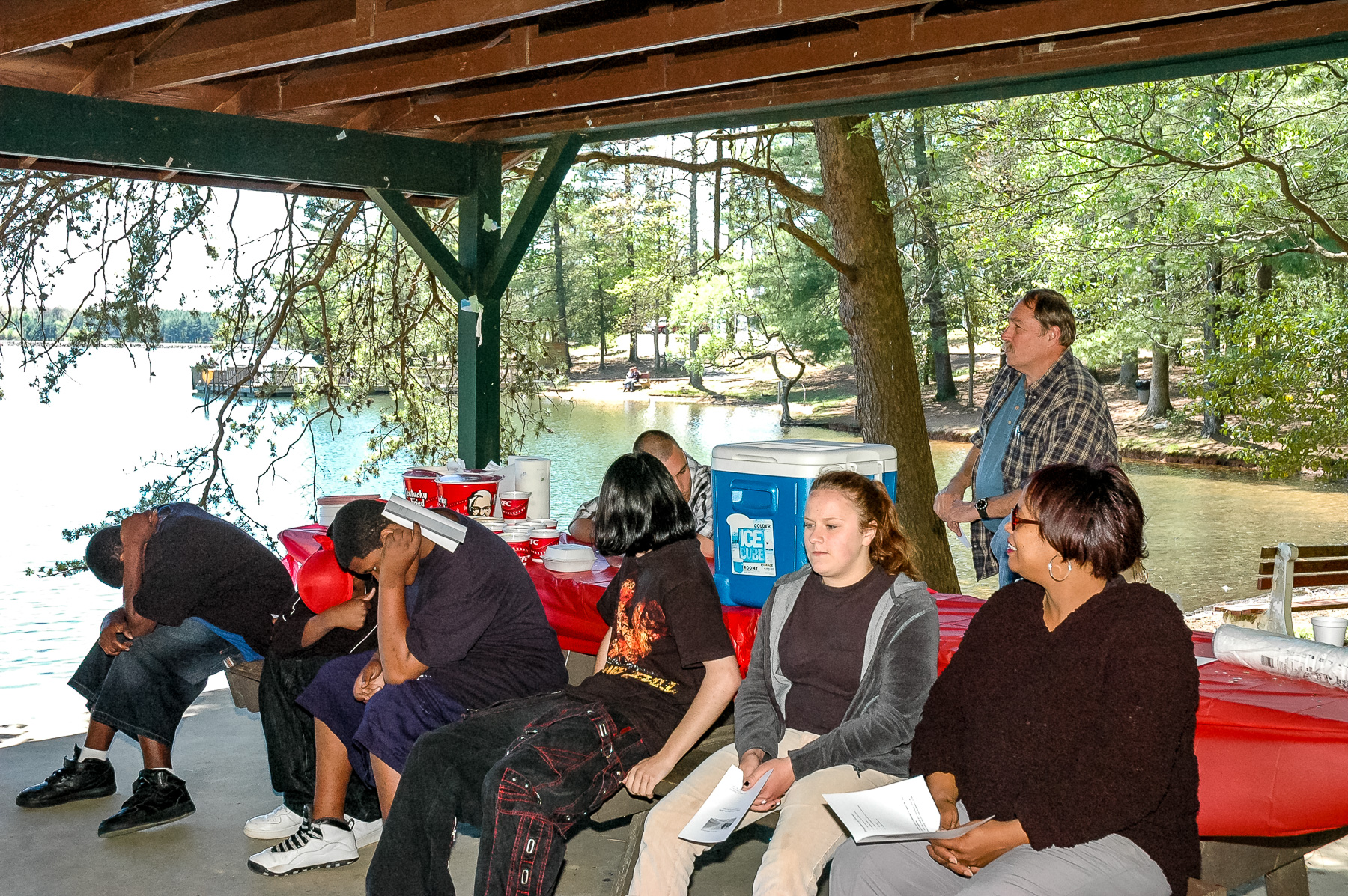
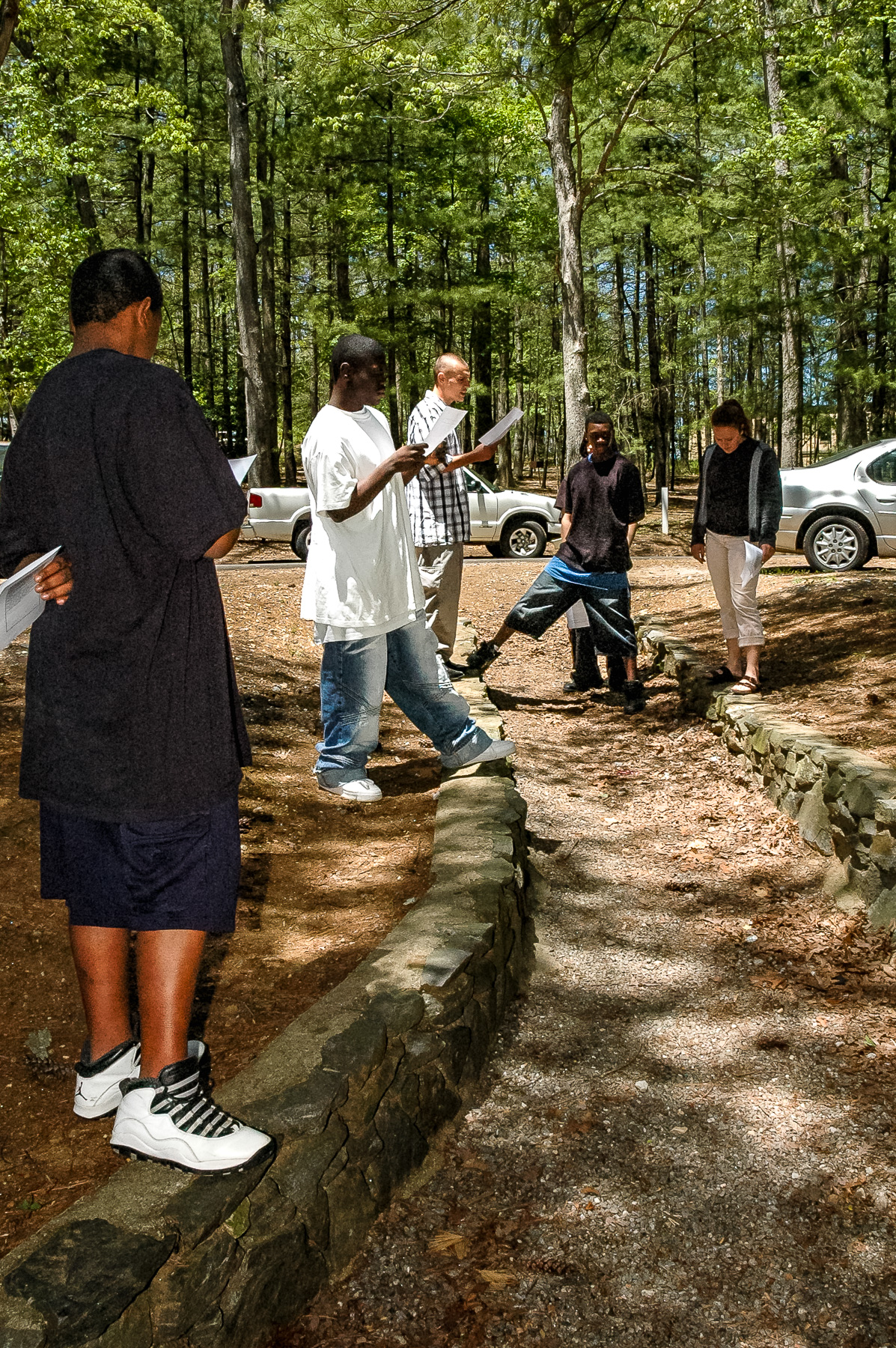

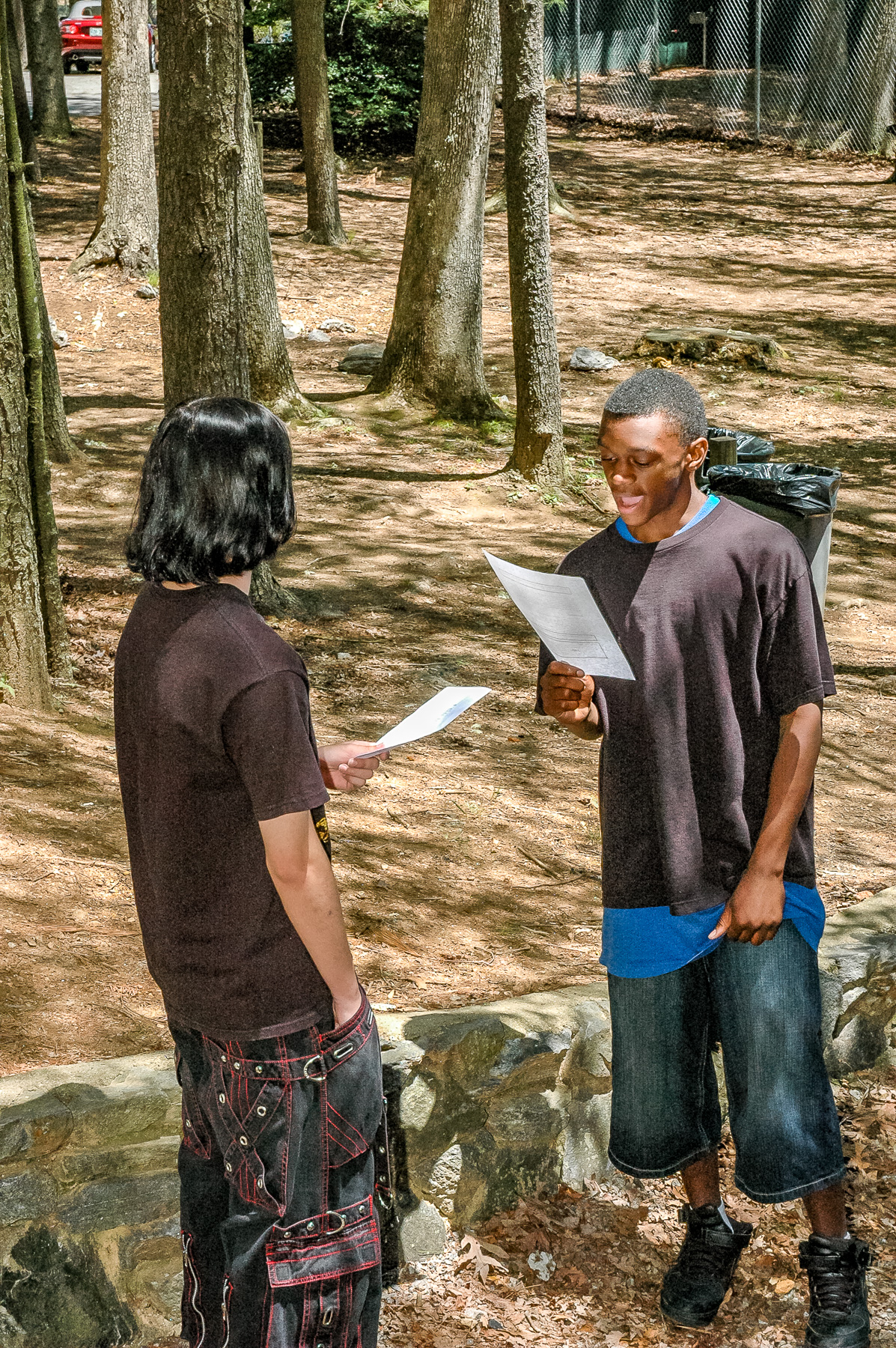
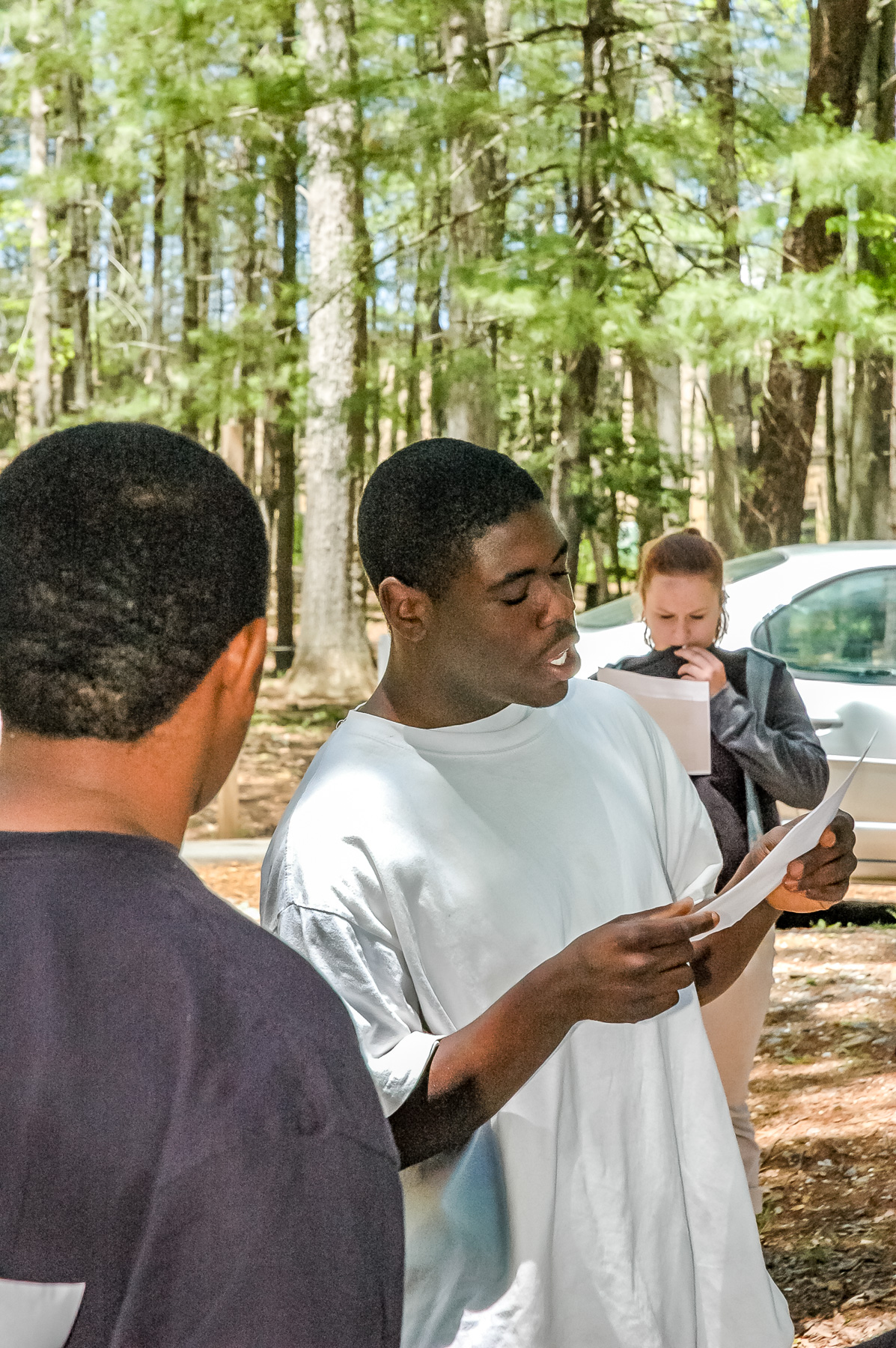
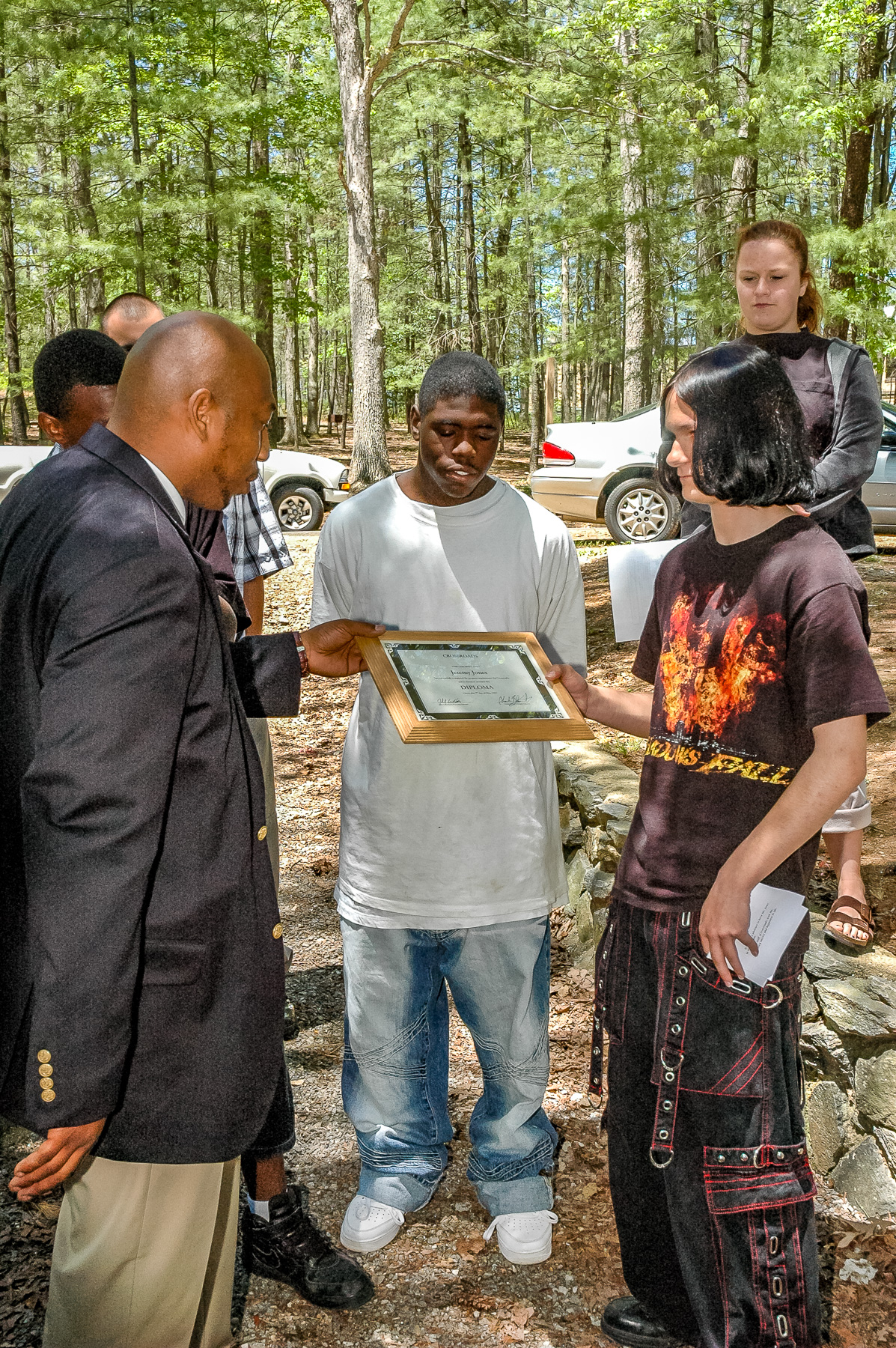
 The boys begin each day by deciding and declaring to the group something positive they will try to accomplish that day.
The boys begin each day by deciding and declaring to the group something positive they will try to accomplish that day.